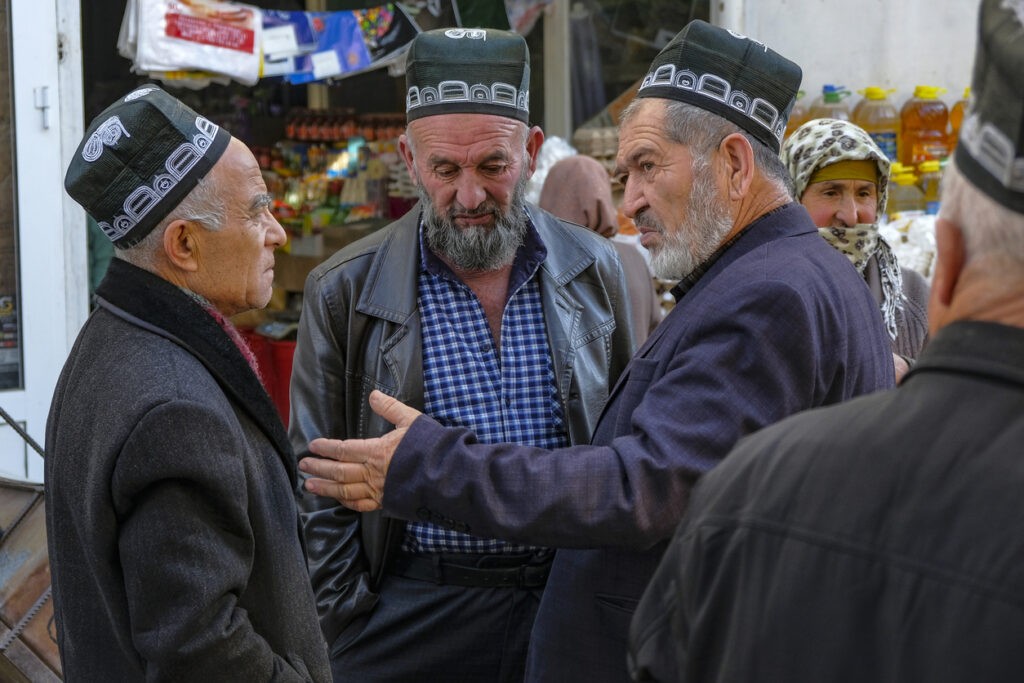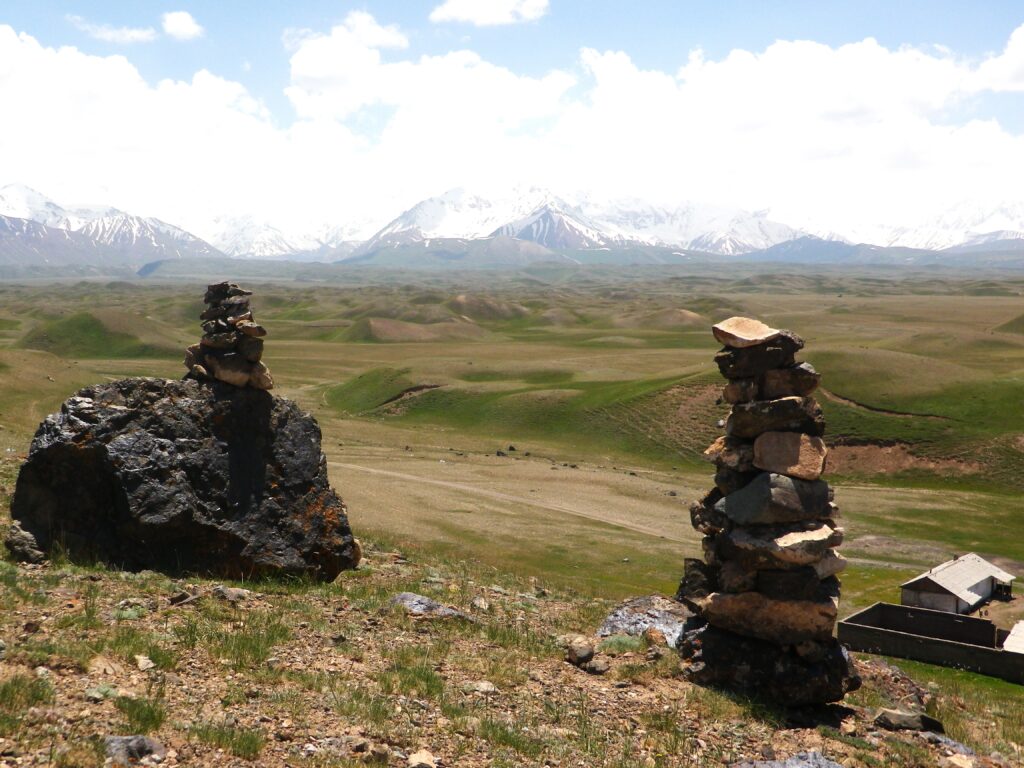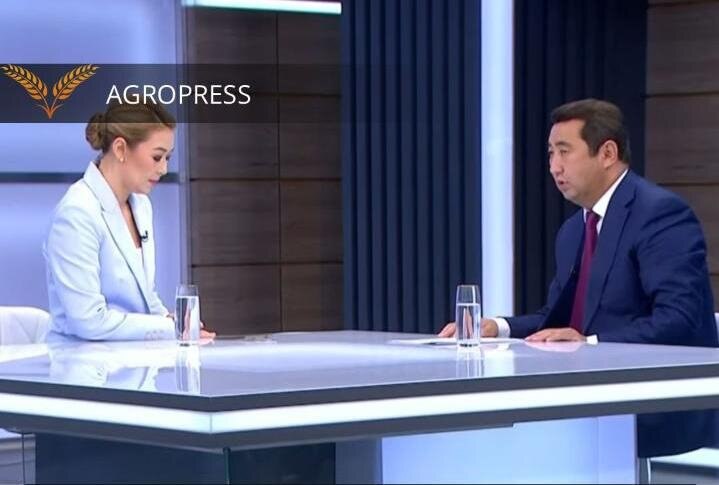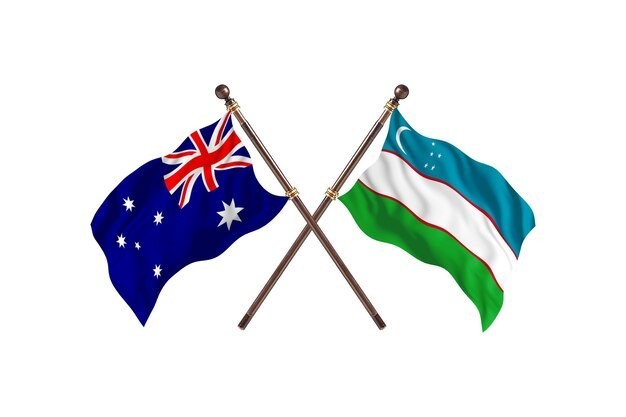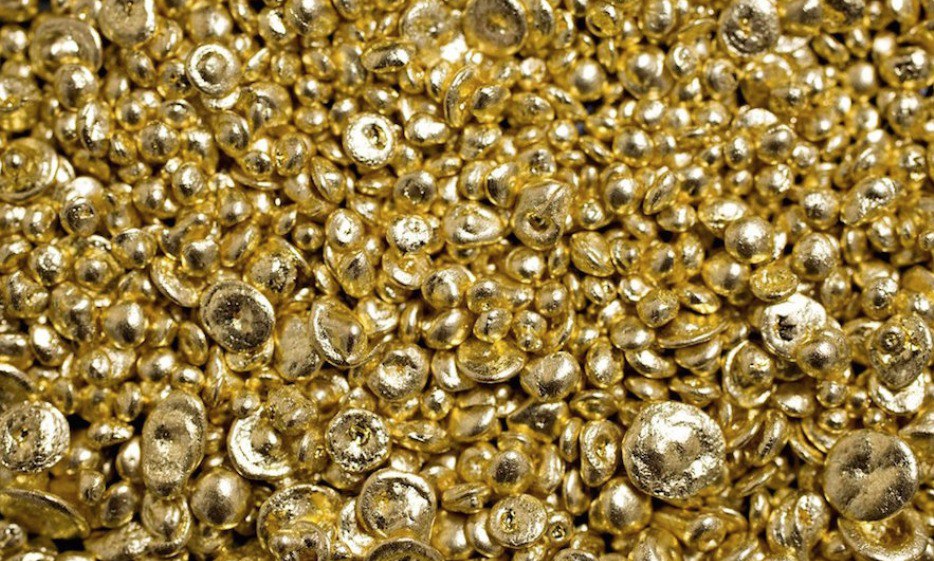DUSHANBE (TCA) — China Nonferrous Gold Limited (CNG), the mineral exploration and mining company currently mining the Pakrut gold project in Tajikistan, said that on 29 December 2015, the first gold ingots were poured at the company’s wholly owned Pakrut gold project in Tajikistan.
The Pakrut gold project, of which CNG has 100 percent ownership, is situated in Tajikistan approximately 120 km northeast of the capital city Dushanbe. Pakrut is located within the Tien Shan gold belt, which extends from Uzbekistan into Tajikistan, Kyrgyzstan and Western China, and which hosts a number of multi-million ounce gold deposits.
CNG is currently in a commissioning phase with mining contractors on site finalizing construction of the mine, plant, tailings dam and refinery, the company said.
China Nonferrous Gold Limited (CNG) is a London Stock Exchange AIM-listed mineral exploration and development company, focused on projects in Tajikistan. CNG was granted an exploration and trial licence over the Pakrut Licence area, covering 63 square kilometers, in April 2004. The licence area is located in the Tian Shan Gold Belt – the world’s second largest known gold belt.
In January 2012, the Ministry of Energy and Industry of Tajikistan formally announced the issuance of a Mining Licence to LLC Pakrut for the Pakrut Gold Project. The mining licence is valid until 2nd November 2030 and the amount of ore that can be mined is variable depending on the mine plan. The mine plan submitted to the Ministry envisages an initial processing capacity of 660,000 tons of ore per annum, increasing to 1,320,000 tons per annum from 2017.
The reserves of the Pakrut project under the Russian classification system, which total 1,257,454oz Au at a cut off grade of 0.5g/t, were approved by the State Committee for Reserves (GKZ) of Tajikistan on the 15th December 2008. This approval gave CNG the exclusive right to a full mining licence valid for 20 years, which was subsequently granted in January 2012.



